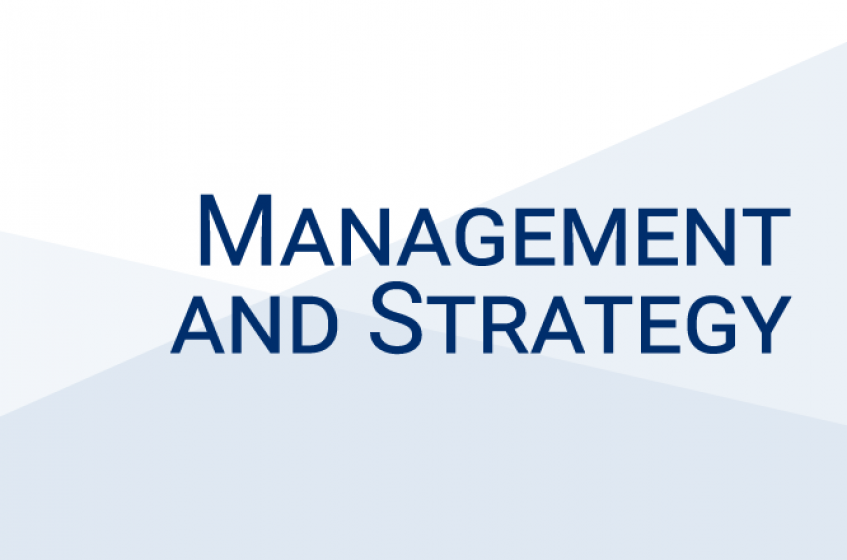
“Unison of Knowing and Doing and the Paradox of Management Research” by Professor Hao Ma
Professor of Management
National School of Development
Peking University
This research provides a broad-brushed account on the paradoxical nature of management research in its seeking for both theoretical rigor and practical relevance. Specifically, it focuses on the dissection and critique of the so called “unison of knowing and doing” (知行合一). Such unison or oneness promises to be an ideal situation desired by the intelligentsia in general and, supposedly, by management decision makers in particular. This is especially so in China where the intelligentsia prides itself in self-reflection and pursuit of informed life and career. However, despite the fanciness and allure of the unison ideal, neither has its definition been accurately specified nor its measures actually operationalized. Theorists and practitioners alike remain confused and perplexed regarding its interpretation and practice. Based loosely on the literature in the mainstream management research community, this research attempts to come up with a working definition for such a unison, explore its paradoxical nature and underlying tensions, and raise a series of research questions if scholarly efforts are to be applied toward this topic and phenomenon.
Building on the basic premise of bounded rationality, it argues that unison of knowing and doing is but an ideal, unattainable and unnecessary to most people under most situations, except for craftsmanship in repeated tasks and project management in predictable and stable environment. In their often hectic daily grinding, management practitioners usually do not have the luxury to engage in reflective thinking and deep learning. Most likely, they have to act “thinkingly” and improvise accordingly so as to effectively cope with the incessant changes and challenges in the increasingly complex and uncertain world, given the unavoidable gap between knowing and doing.







